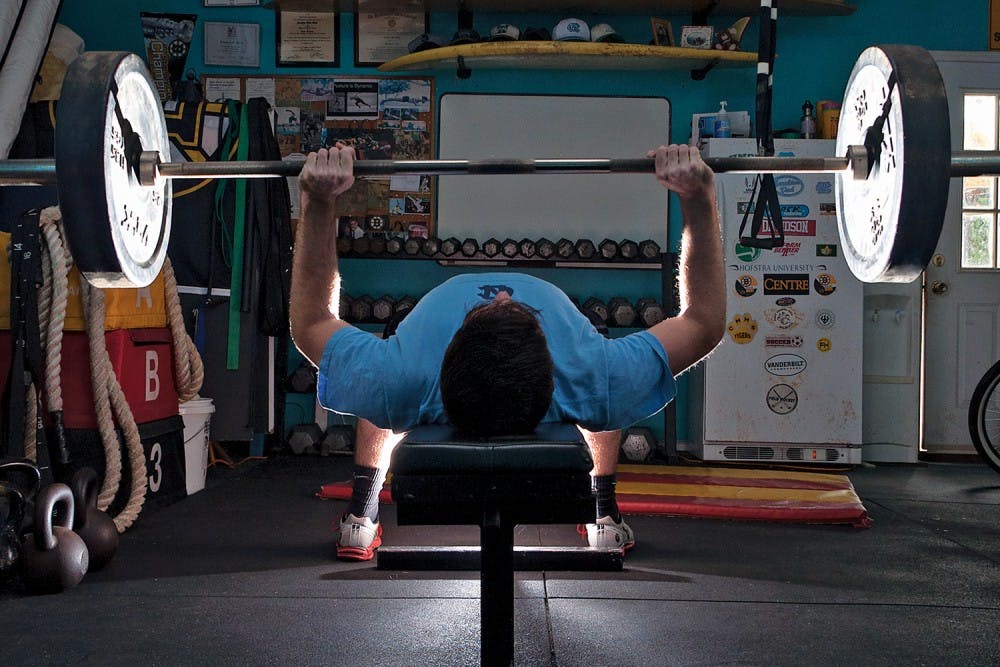When Frank Porter Graham, then the UNC system president, announced in 1935 his desire to return college sports to their amateur roots, alumni and boosters complained the reforms he proposed would cripple North Carolina’s sports teams.
The editors of this newspaper responded shortly afterward by posing the following question: “Do you want to recognize athletics as the big business that it is?”
Three quarters of a century later, we’re still waiting for a response. And so, in the shadow of the Wainstein report, perhaps the most damning proof to date that high-profile athletic programs and academic excellence continue to be at odds, it is time to commit to an answer:
Yes. Despite The Daily Tar Heel’s past resistance to big-time college athletics, we want to recognize that this University is in the business of fielding high-budget, high-revenue sports teams for institutional gain.
We see little wrong with this arrangement, per se, other than that it has yet to be formally acknowledged by the NCAA and its member institutions.
But it is precisely that disingenuous attitude toward the status quo that fails student-athletes. It is the unwillingness to fully face up to the obstacles they encounter in their attempts to complete a degree while essentially performing a full-time job and managing their celebrity. And it is the pretense that this is a reasonable demand upon those whose compensation is so compromised that provides incentive for fraud here and elsewhere.
The damaged link between academic achievement and athletic eligibility ought to be formally broken. Athletes recruited to this school as such should continue to be given the opportunity to pursue a degree, but they should not be compelled to do so.
This would not preclude students from seeking to excel academically on their own terms, but it would eliminate the need to cover up any existing deficiencies in primary and secondary education, which are only magnified in the face of demanding practice and travel schedules.
The student-athletes at this school are remarkable people. A significant majority are perfectly capable and willing to complete a quality education while performing at the highest levels of their sports. Proposing that they not be required to do so does not undermine or fail to acknowledge these strengths. Instead, it puts more power in the hands of student-athletes to determine the terms upon which they are affiliated with this University and live their lives.



